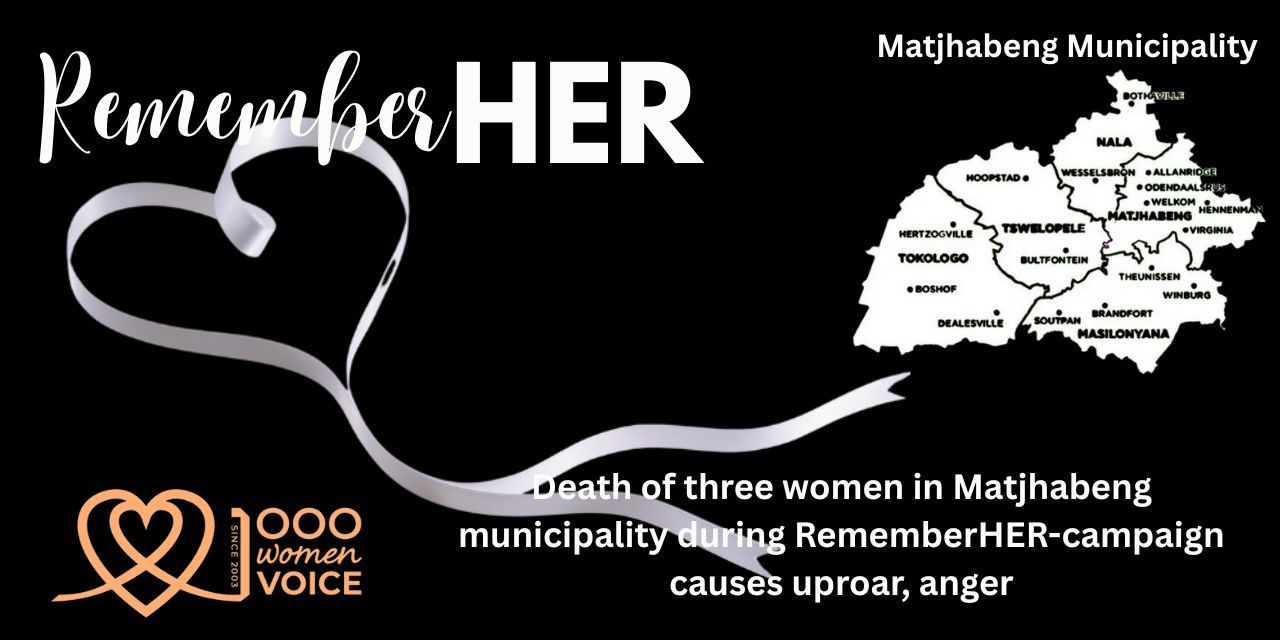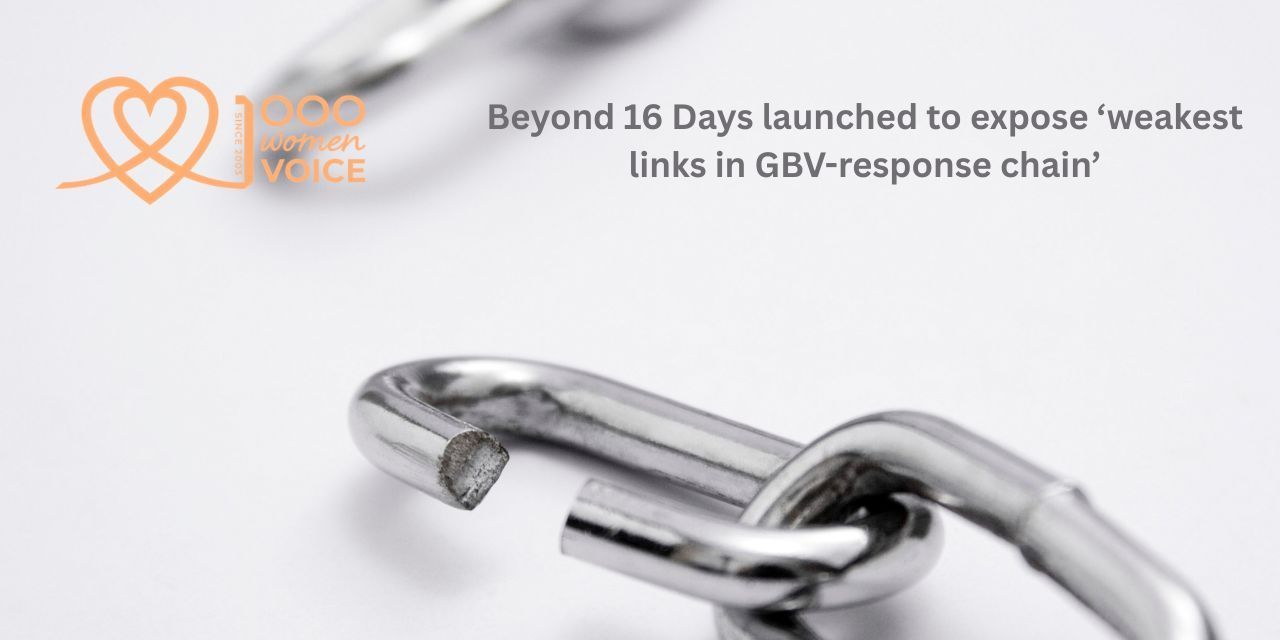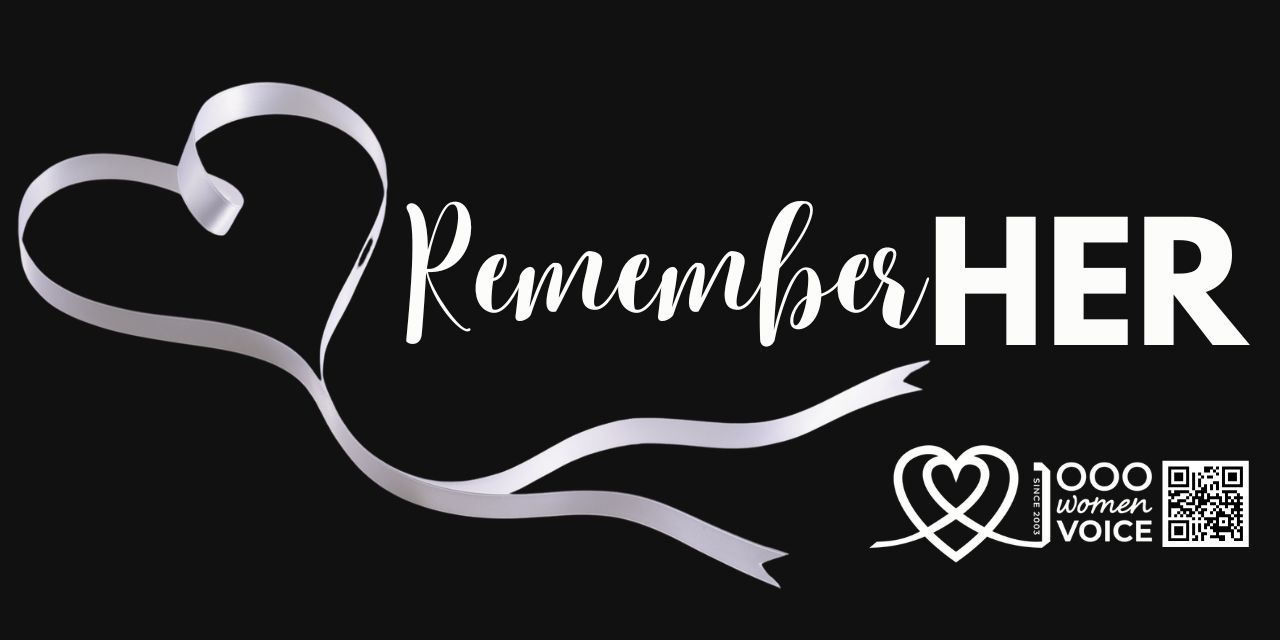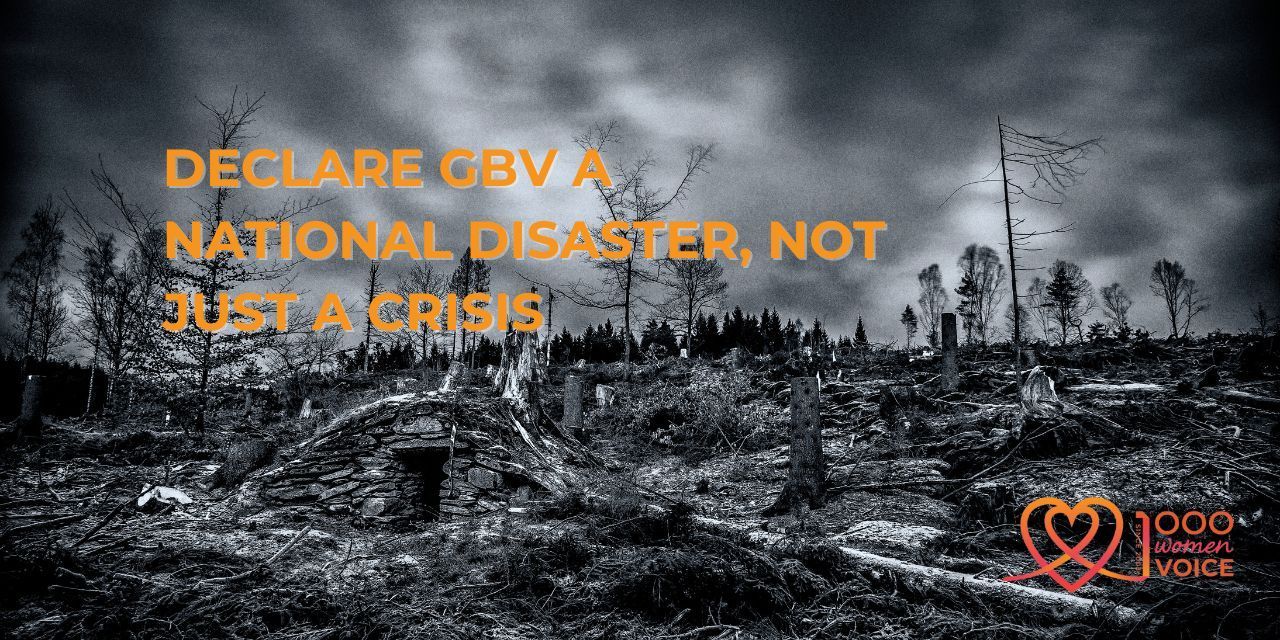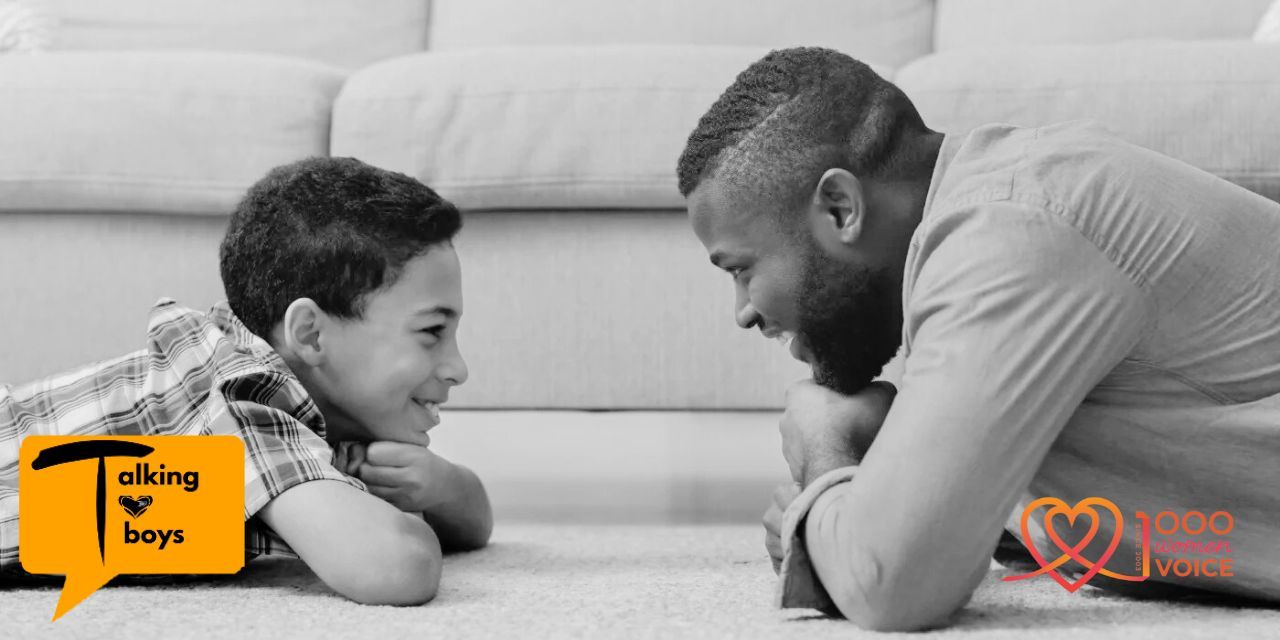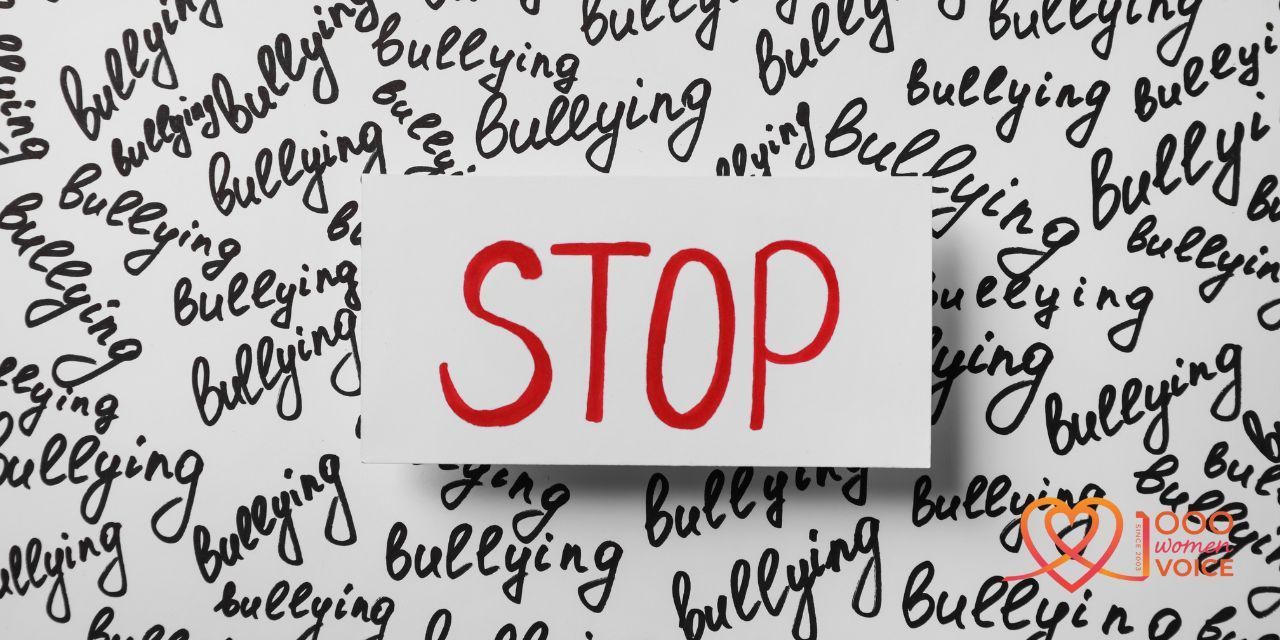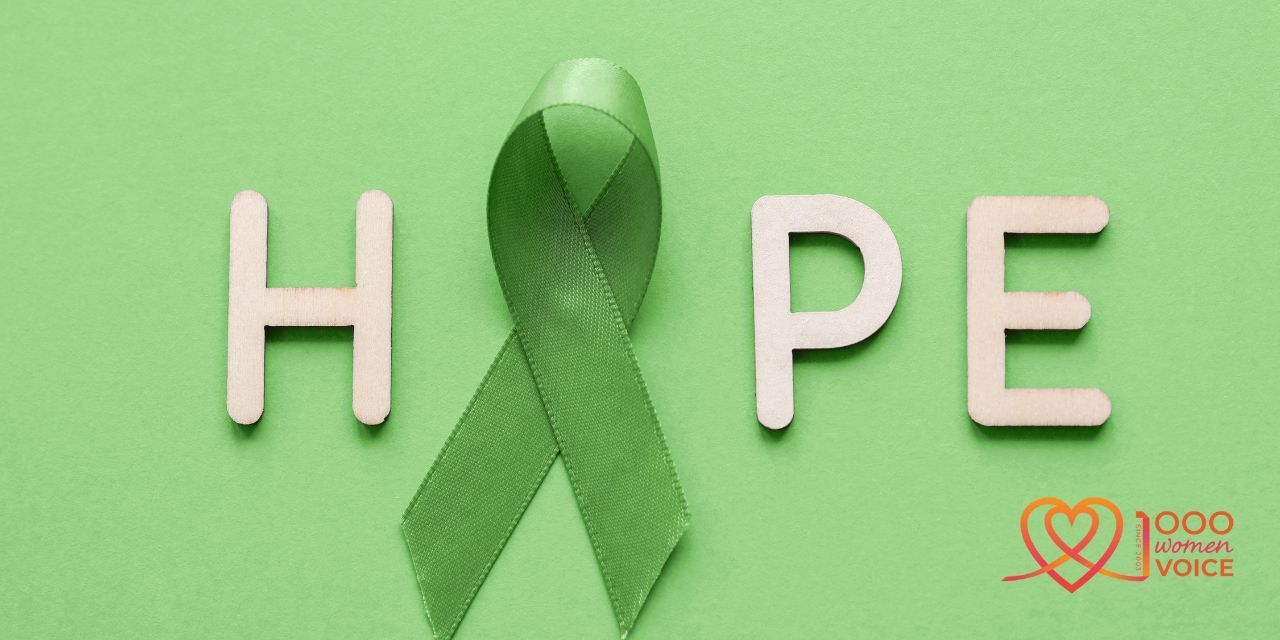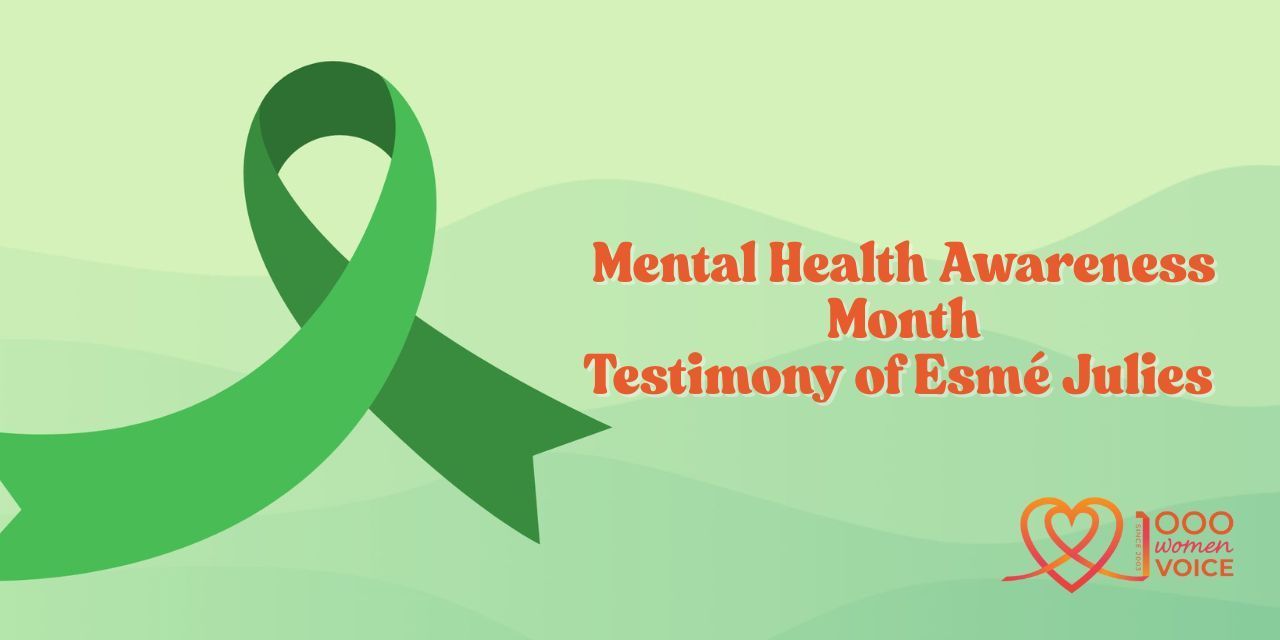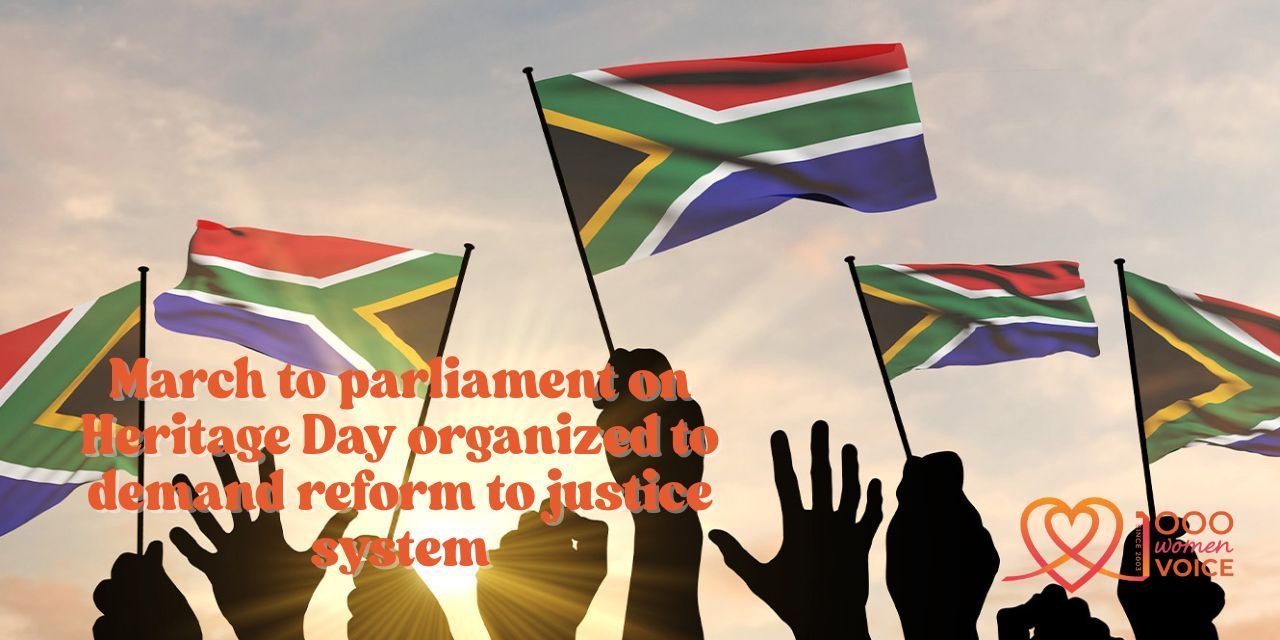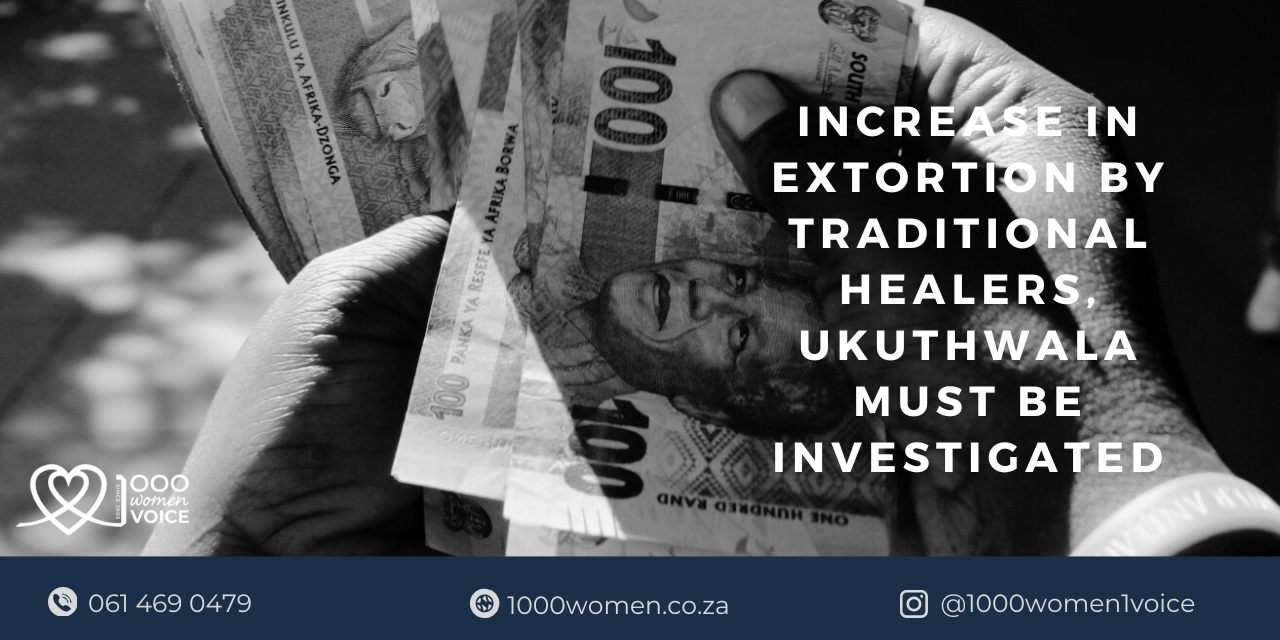GBV: Diversity and Inclusion
Inability to embrace diversity at the heart of violence against LGBTQIA+ community’
Words Fanie Heyns
CAPE TOWN. – The lack of inclusivity in South African society and the inability to embrace diversity, along with other multiple socio-economic factors, have led to the widespread acceptance of violence in society against differently-abled persons and the LGBTQIA+ community, said Yolanda Miya, director of the Mamo Properties Group at a webinar yesterday hosted by 1000 Women Trust in collaboration with Pick ‘n Pay.
The webinar was entitled Diversity and Inclusion and violence against our differently-abled and LGBTQIA+ community and the third in a series of webinars.
“Ironically, South Africa is considered to have one of the most progressive constitutions in the world; we recognize homosexual marriages and grant rights to the LGBTQIA community,” Miya added.
South Africa ratified the convention of the rights of persons with disabilities and its Optional Protocol without any reservation in 2007. The CPRD set out a broad range of rights – ranging from civil, political, social, and economic rights for persons with disabilities in an effort to enhance their lives and create a more inclusive society, added Miya.
Despite legal protection from the constitution, cases of sexual violence, discrimination, including other bias-motivated incidents; are rising, never make it to the police, and even fewer make it to court.
So why is it that we have this split personality as a country?
“This is because a constitution does not define behavior. Behavioral changes only happen when matters are addressed openly and consistently. We have to have these conversations in our homes, with our children, in our work-places,” said Miya.
Jabaar Mohamed , provincial Director of DeafSa, said: “There is a lot of gender-based violence happening in deaf communities in South Africa because deaf women don’t have a voice to speak out. We advocate that police have sign interpreters, and we also teach deaf communities to be more assertive and stand up for themselves.”
Tobeka Lwana , managing director of Do Good Circle, said she grew up having a short stature because of a medical condition, but was able to handle it because of her family’s love and respect. “I managed to cope because I am aware that I am smart, capable, beautiful, and worthy,” she said.
She added that in a world dictated and led by ‘normal’ people, those leaders should be mindful of people who are not in the room. When they decide on infrastructures and systems, they must accommodate diversity that includes differently-abled South Africans. “Differently-abled people need access, not sympathy,” said Lwana.
Claudia Roodt, founder and director of Designed to Connect, and an associate and trauma therapist for 1000 Women Trust who suffered gender-based violence during her first marriage, said the best advice she can offer to people subjected to domestic violence is to seek the help of someone who can be a safe presence for them, and who can calm their agitated bodies down.
During her abusive relationship in her first marriage, she was overwhelmed by a man who was often violent, and she did not possess the skills in her nervous system to deal with it until her life was at risk and she had to flee.
She encouraged survivors of gender-based violence to sign up for the 1000 Women Trust’s trauma training cours e, which has seen 3648 women do the course since 2019.
Jordan van Tonder, a graduate of the University of Cape Town (UCT) and former head prefect at Bishop’s, who ‘came out’ a few months ago that he was gay, said making the life orientation syllabus at schools more inclusive to cover gay relationships, would help to develop more awareness and acceptance of relationships between men and men or women and women.
“My message to people who are also gay and want to ‘come out’ is to share their stories. We are moving to a more progressive and inclusive environment. Don’t blow it up too much in your head. When your story comes out, society is weirdly accepting of it,” he said.
The 1000 Women Trust invites people to share their stories to inspire other to speak out. Through the #HearMeToo initiative they encourage women to start the healing process through storytelling.
The Trauma Training on WhatsApp starts on 31 August and is free during Women’s Month. To sign up, WhatsApp your name to 0614690479.
To ensure free training programmes like the Trauma Training and to host various webinars and assist women-led grassroots organisations, the 1000 Women Trust needs your support. Every donation is important. Please support and donate cash or your Pick n Pay Smart Shopper Points.
Press release compiled by Fanie Heyns on behalf of 1000 Women Trust. For more information, contact Tina Thiart, founder member of 1000 Women Trust, on 073-2079079.

